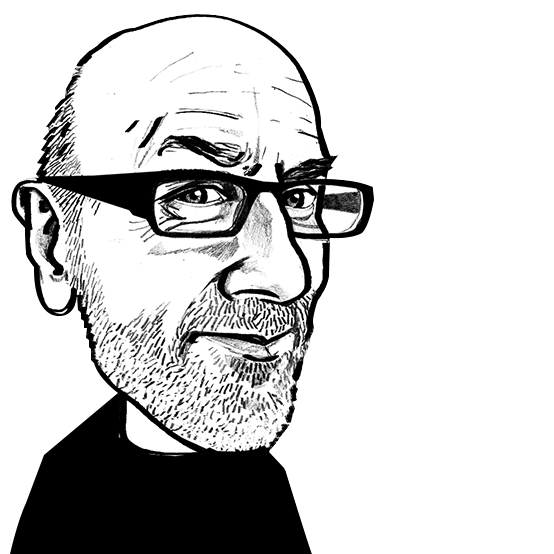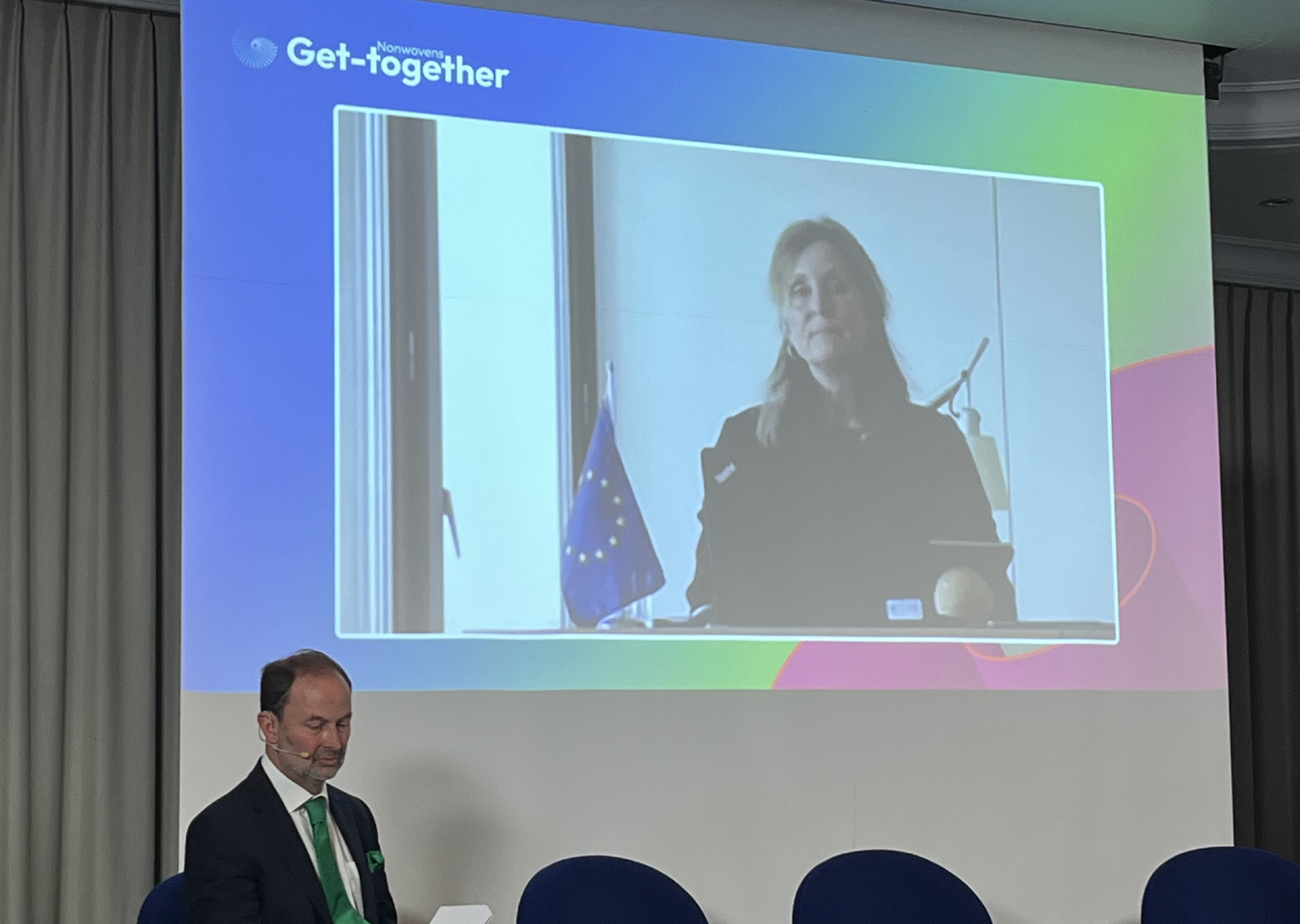
OUTLOOK 2020 goes online
Opinion


Nonwovens production in Greater Europe has climbed fifty-fold since the organisation’s inception.

4th May 2022
Adrian Wilson
|
Brussels
At a special event held in Brussels on April 28th to mark the 50th anniversary of EDANA – the European Disposables and Nonwovens Association – there was praise for the nonwovens industry from Kerstin Jorna, the European Commission’s Director General for Internal Market Industry, Entrepreneurship and SMEs.
“The nonwovens industry made a fundamental contribution to fighting the Covid-19 pandemic and I would like to pay tribute to all involved from the bottom of my heart,” she said, speaking via live videolink with EDANA’s secretary general general Pierre Wiertz. “The industry moved rapidly to supply emergency PPE by expanding manufacturing capacities on the spot, and played an active, creative and hands-on role.”
EDANA’s 50th anniversary was held a little belatedly due to Covid-19, allowing the achievements of Wiertz, who has led the organisation since 2004 and will retire in July, to also be commemorated. His successor will be Murat Dogru, who has many years of experience in association management, from technology sectors to healthcare, via societies of engineers, researchers and medical doctors.
The organisation was actually founded by just 12 companies in May 1971 and has now grown to represent 330 companies covering the entire nonwovens supply chain – from raw materials and machinery suppliers to the brands providing end-use products to a varied array of consumer and industrial markets.

Net exporter
Over the past half century, nonwovens production in Greater Europe has climbed fifty-fold, from around 63,000 tons in 1972 to 3.2 million tons in 2021. The industry in Europe has always been a net exporter and today over 25% of the raw materials it uses – both fibre and polymer-based – are from renewable resources. This share is poised to improve significantly in the coming years.
The value of the European nonwoven roll goods industry employs 27,000 people and generates an annual €7.9 billion in revenues. This is based on the 83 possible end-use applications EDANA has identified, spanning ten differentiated production technologies.
The 50th anniversary event featured an afternoon seminar of presentations and panel discussions exploring all aspects of fostering innovation and sustainability.
Reshaping plastics
In a keynote address, Mikael Staal Axelsen, EDANA’s chairman and CEO at Fibertex Personal Care, cited a recent report by Systemiq, Reshaping Plastics – Pathways to a Circular, Climate Neutral Plastics System in Europe as food for thought for the parts of the nonwovens industry that rely on plastics.
The Systemiq report provides a roadmap for how Europe’s plastics industry can achieve net zero in greenhouse gas emissions (GHGs) by 2050.
“For the foreseeable future, the main material used for the production of nonwovens, especially for AHPs, will be plastic,” Axelsen said. “Embracing its use and focusing our efforts on reducing consumption and increasing recycling would make the biggest difference. We would all like alternatives but have to be realistic. Not only one solution will work and we need to be open minded in rethinking plastics, but we can make a huge difference if we succeed.”

Business intelligence for the fibre, textiles and apparel industries: technologies, innovations, markets, investments, trade policy, sourcing, strategy...
Find out more